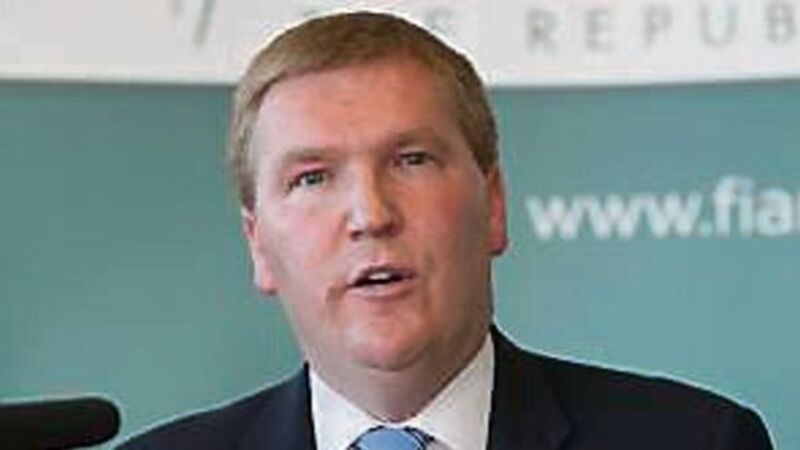Fianna Fáil to table mortgages bill to tackle “excessive” rates banks are charging

The Central Bank Variable Rate Mortgages Bill 2016 — which Mr McGrath will table this evening in the Dáil — proposes to give the Central Bank powers to set a ceiling on the amount lenders can charge for standard variable mortgages.
The bill does not, however, explicitly set out what that ceiling should be, but it would be up to the regulator to intervene in the market.
















